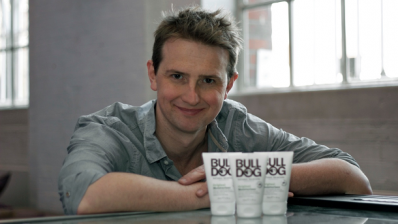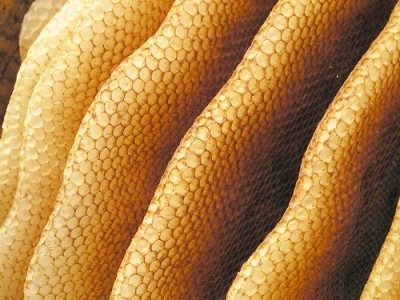Could a microbead ban be coming to Europe?

Tesco, Procter & Gamble, Estée Lauder, Clarins, Superdrug and Sainsbury's are all on the list of brands who have committed to remove microbeads; though according to The Independent, they have not volunteered a timescale for this.
Unilever and Boots have joined King of Shaves in pledging to end production by the end of next year, while L'Oréal, Johnson & Johnson, and Reckitt Benckiser are committing to eliminate the beads from products by 2017.
The pledges confirm brands are responding to the growing awareness of the potential environmental impact of the beads, which can been found in lakes and rivers following their journey through water treatment processes.
A ban brewing
The ongoing focus on microbeads started earlier this year, with New York's Attorney General Eric Schneiderman proposing the ‘first-in-the-nation' legislation to ban the form of plastic pollution.
California followed shortly after as the second state to get on board with the initiative, and since then three more states have announced they’re considering the issue.
The move by European brands of committing to eliminating the beads voluntarily suggests a ban on this side of the pond may now be on the cards, coming in the wake of recent comments by UK politicians to that effect.
“If [microbeads] are not taken out voluntarily, then there should be legislation to ban their use," Graham Stringer MP, a member of the Commons committee, has said.
Environmental impact: really so bad?
The Cosmetic, Toiletry and Perfumery Association has noted that the hype over the environmental impact of the beads may be being overblown.
The presence of "micro size plastic" in the water supply certainly isn’t solely down to personal care products: synthetic fabric being broken down in washing machines has been called up by Dr Chris Flowers, CTPA director general, as another key contributor.
However, studies have shown that the longevity of the beads, which can take over 100 years to degrade, means their presence in water sources is leading to increasing incidents of contamination of wildlife, as they can collect chemicals from their surrounding environments.





















